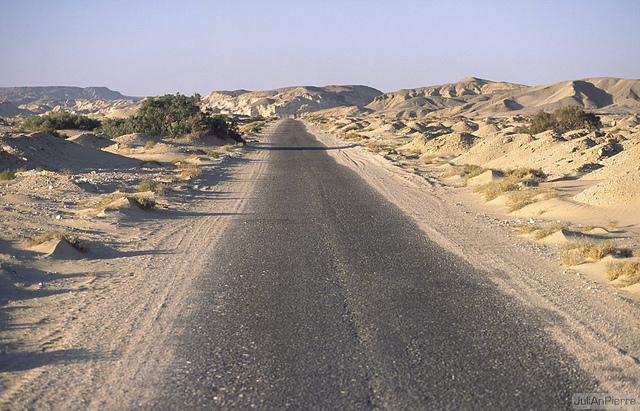
The abduction of members of Egypt’s army and police in the Sinai last week dominated the news cycle. While the captives have since been released, Egypt’s media saw an outpouring of writing on the incident, with commentators weighing in on various aspects of the crisis. Some saw further proof of the Egyptian state’s loss of control in the Sinai and a looming crisis between political leaders and the military, while others criticized the media’s coverage of the events. Here are a few excerpts:
Writing in the media outlet of the Freedom and Justice Party, Al Huriya wa Al Adala, Hamza Zoba’ states that the abductors were likely counting on a lukewarm response from the state to their actions, and that “striking terrorism is the correct path to restore power and health to the authorities and send the forces of backwardness and destruction back to their holes.” He goes on to criticize the media response to the crisis:
It is not rational to leave a military matter of this sensitivity publicly open to be discussed by journalists and politicians without embargoes on publication and commentary until the security services have been able to return the soldiers and punish the kidnappers, wherever they may be. We hear statements hour after hour and we read powerful, attention-grabbing, contradictory headlines that cause worry and anxiety, but upon closer examination we find the official spokesman of the presidency denying everything that is being said. These tabloids insist on lying, and no measures have been taken against them to stop the campaigns of deceit that have continued since the parliamentary elections in 2011.
Oh Army of Egypt, When Will you Get Angry?
In Al Masry Al Youm, Moustafa Al Nagar writes that this incident “symbolizes the fact that all of the red lines have been crossed, and those in power don’t realize that their poor performance is chipping away at the meaning of the Egyptian state.” He continues, arguing that the military as an institution is paying the price for political failures. He states:
The military needs to protect its reputation and regain its dignity. We must recognize that the Egyptian state has basically lost control of the Sinai, and for this reason we must undertake a new battle to liberate it, destroying terrorist strongholds and putting an end to the presence of these killers on Egyptian land. We want to regain our confidence in the capability of our army to protect Egyptian soil. We want the law to be applied to all without exception – the Bedouins of Sinai are Egyptian citizens with all of the respect and appreciation that entails. They have legitimate demands that should be heard, but this cannot be a pretext that allows citizens to commit crimes.
Writing in the independent Al Shorouk, Mohamed Ali Khayr asks: “What does it mean when our soldiers are kidnapped in broad daylight on Egyptian land controlled by the state (or so we think)?” Arguing that this incident signals a “complete loss of respect for the state” and “total breakdown in decision-making” by the government, he launches into a series of pointed rhetorical questions:
Is there a concealed conflict in the relationship between the presidency and the military? (God only knows). Does the Army want to deal with the crisis militarily while the presidency refuses to give it the green light? (God only know). What is the relationship of Hamas with this incident and is there a connection between the killing of our soldiers in the Sinai last year and this recent event? (God only knows). Is there a special plan being prepared for the Sinai to separate it from the country and turn it into an Islamic state? (God only knows). What is the relationship between the Army’s destruction of the tunnels – a source of income for families and tribes in the Sinai – and the kidnapping of our soldiers in order to apply pressure to stop operations like these? (God only knows).
Andrew Ver Steegh is a graduate student at the University of Chicago. He was a Fulbright Fellow in Egypt in 2010-2011.
Photo: iJuliAn
Image: Sinai%20road.jpg
